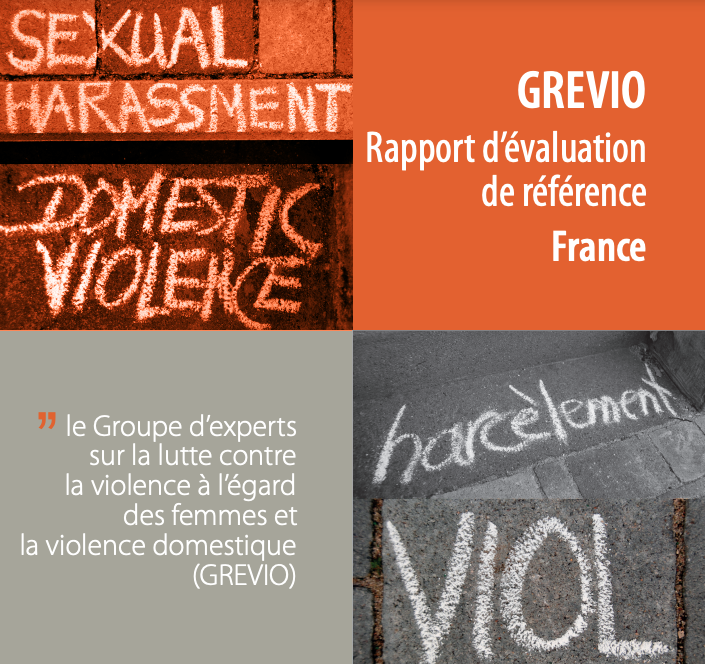A new report analysing France’s implementation of the Convention on Preventing and Combating Violence against Women and Domestic Violence (the Istanbul Convention) has commended the country’s commitment to the Convention, which it signed in 2011. However it also highlighted a number of failings.
The report by the Council of Europe's Group of Experts on Action against Violence against Women and Domestic Violence (GREVIO) is a means of monitoring and evaluating processes for the Convention.
The report notes that despite progress, levels of violence against women, and the impunity of perpetrators remains worrying. A number of the report’s 13 recommendations apply to foreign-born people confronted with domestic violence in France, including highlighting the urgent need for France to:
- adopt legal measures to protect women from economic violence
- pursue efforts to eliminate discrimination against marginalised and minoritised groups of women by taking an intersectional approach
- strengthen inter-institutional cooperation, strengthen stakeholders' ability to take concerted action, and ensure that professionals are properly trained
- increase the budget for preventing and combating violence against women, and provide financial support to specialised associations.
Reform required for residency rights for people fleeing violent partners
Reform regarding the residency rights of victims of domestic violence was strongly recommended. The report stated “authorities should take the necessary measures to improve the processing of applications”.
The report also raised the alarm about Algerian victims being excluded from the protections in place, and called for reform so that women are not “discriminated against on the grounds of their nationality”.
Discrimination hindering women’s pathways from domestic violence to safety and independence
The report notes that “discrimination against certain groups of women, for example by law enforcement, the judiciary or service providers, is still widespread”, and that institutional responses must address the lack of accessibility of information about rights, insufficient identification, lack of mobility, inadequate existing support and protection services, and persistent negative stereotypes about these women.
Also highlighted was the need for institutional coordination and to make information and services more accessible, and it was suggested that this could be achieved through:
- improving data collection, particularly at the level of justice and law enforcement agencies
- training for all professionals, including staff in contact with women asylum-seekers
- increasing the number of specialised services
- ensuring the operation of a national helpline 24 hours a day, seven days a week.
France has been invited to report back to GREVIO on the measures taken to improve the implementation of the Convention by January 2023.
To read more about the Istanbul Convention, click here.
To access the GREVIO report, click here.
